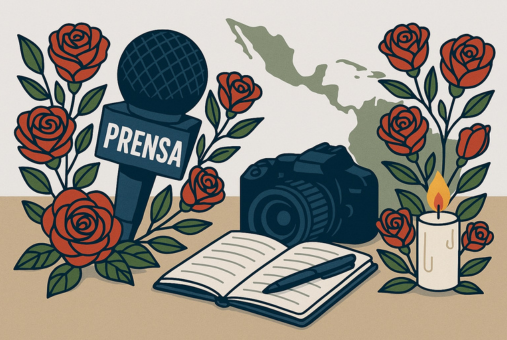
The region recorded at least 17 killings, with Mexico the deadliest country. Experts say vitriol from authorities and entrenched impunity continue to fuel the attacks.
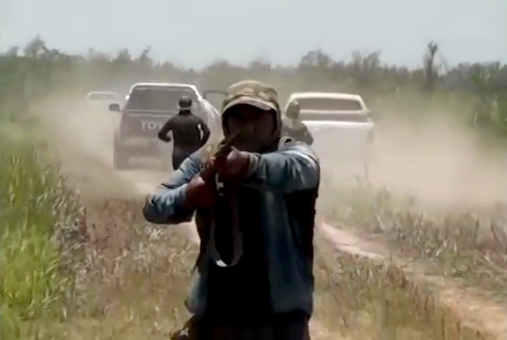
While documenting the illegal takeover of a soy plantation, the journalists recorded masked men pointing rifles at them. Today, they hope a new government will hold their attackers accountable.
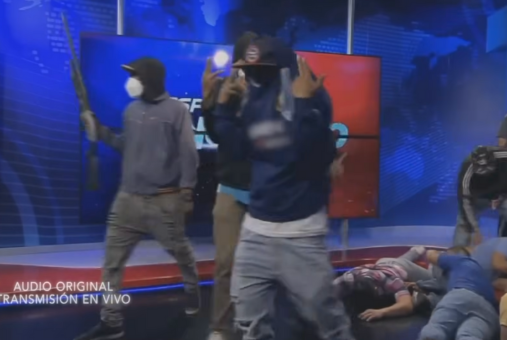
Although a new report from Voces del Sur recorded fewer attacks on the press in 2024, press freedom is not improving. Violence and harassment persist, and more journalists are turning to self-censorship or exile.
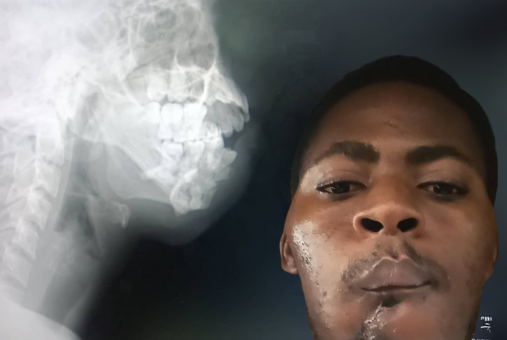
Nearly a year after surviving a gang attack in Port-au-Prince, reporter Jocelyn Justin remains in Cuba awaiting jaw reconstruction, saying his government has failed to pay for his treatment. Haiti’s health minister cites logistical issues and bad weather for the delay.
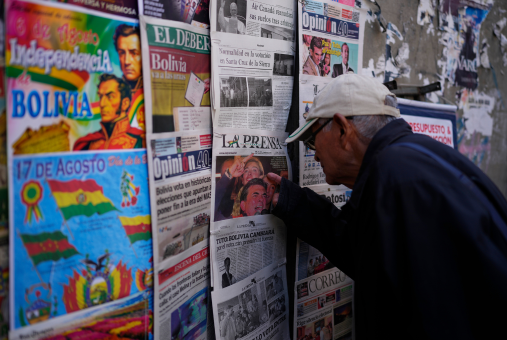
As Bolivia prepares to elect a new president, journalists face escalating threats while navigating a polarized landscape shaped by disinformation, political attacks and gender-based aggression.
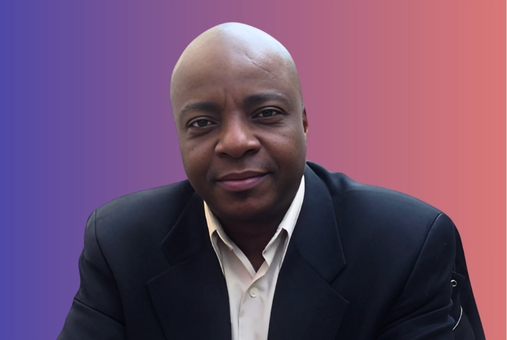
Guyler C. Delva says his push to defend fellow reporters and revive the case of a slain colleague has angered Haiti’s transitional government and left him fearing for his safety.
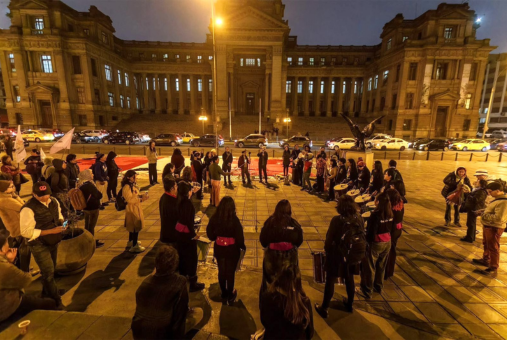
Organizations and families who have spent decades demanding justice for murdered and missing journalists fear the law will block access to justice.
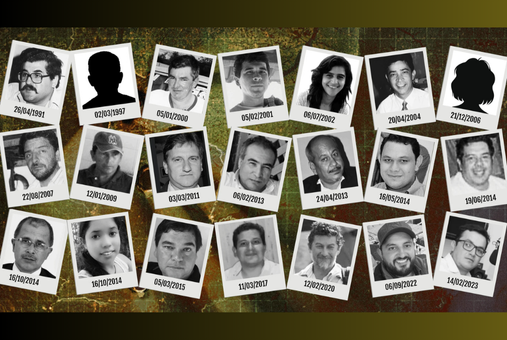
Corruption, infiltration of organized crime and negligence by authorities are constant in the murders of 19 journalists since 1991, according to Alianza Paraguay, a collaborative, cross-border project led by Forbidden Stories and OCCRP.
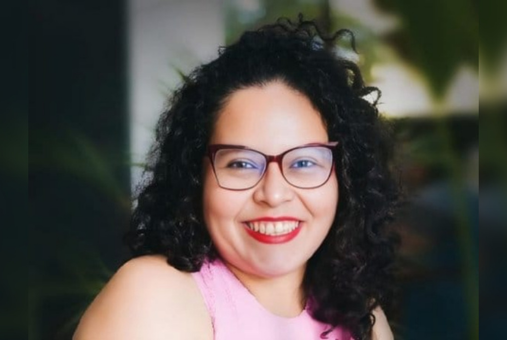
Human rights groups say the Ortega-Murillo regime’s silence on Tercero’s disappearance amounts to torture and are urging greater international pressure to determine her whereabouts.
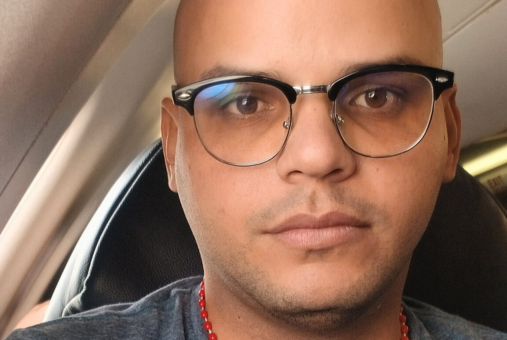
Journalist José Luis Tan says he feared arrest after months of harassment over his criticism of the Cuban regime. This is his story of a journey through rain, mud, and eleven borders in an attempt to escape a dictatorship that tried to silence him.
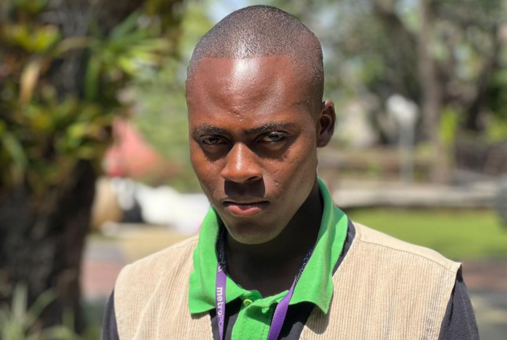
Reporter Jocelyn Justin, injured in a gang attack on a hospital in Port-au-Prince, spent several weeks without money while waiting for surgery in Cuba. Press organizations complained that the Haitian government was failing to fulfill its promise to cover his expenses and basic needs.
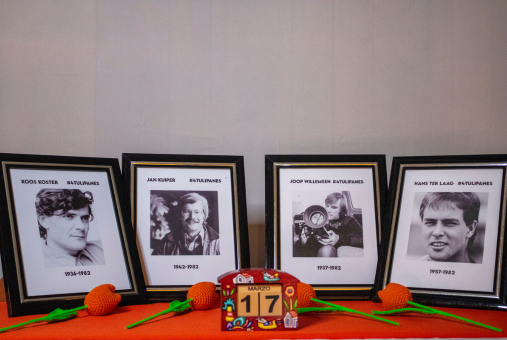
A Salvadoran court sentenced three former officers to 15 years in prison for ordering an ambush that killed four Dutch journalists during the civil war. It’s the first time a crime of humanity documented by the UN Truth Commission has led to a conviction in El Salvador.